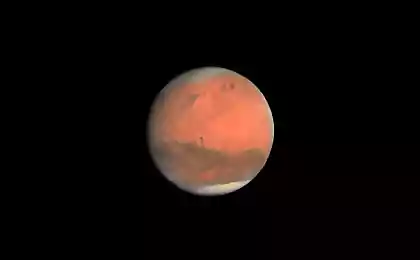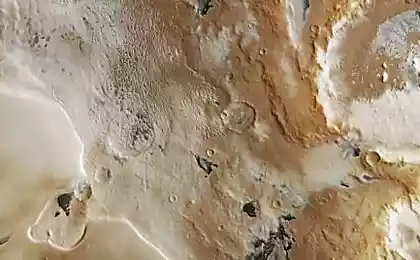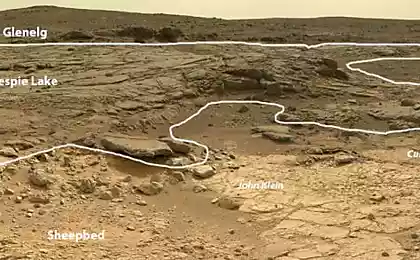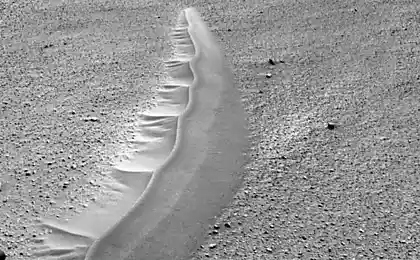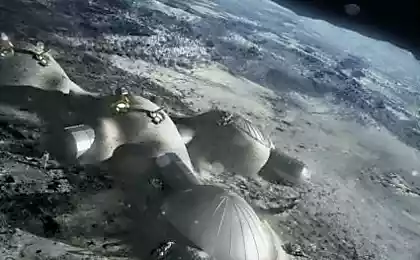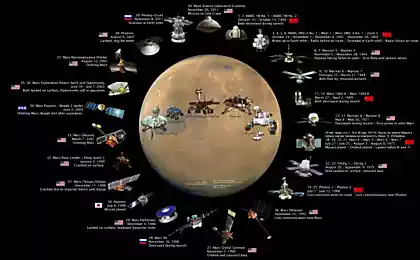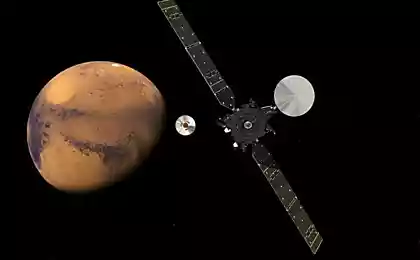1143
"Drying" Mars takes longer than previously thought
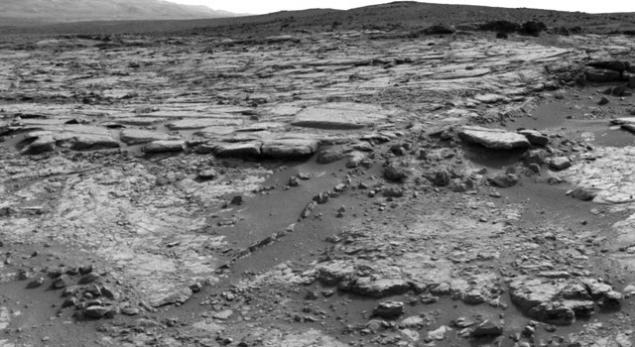
Mars rover Curiosity, which is currently conducting a study of Mars continues to provide data to help scientists to clarify the important milestones in the history of the planet. In the crater Gale rover selected rock samples, which after checking clay were formed many years ago. And these patterns become almost wholly for scientists proof of the existence in the past of Mars liquid water and dense atmosphere.
Ученые learned , in the crater Gale previously was a huge lake. The presence of liquid water left its very noticeable for professionals traces. Among other things, it turned out that in the ancient clays is not only ordinary hydrogen, but also more "heavy" deuterium.
By the way, the specialists of the Earth for a long time have a particle of Mars - meteorites that fell to the Red Planet to Earth. These meteorites can be considered tablets inscribed with the data on initial conditions prevailing on Mars millions of years ago. Now the data obtained in the study of meteorites can be compared with data obtained Curiosity. And this, in turn, allows us to determine how quickly Mars loses water and hydrogen.
Researchers found that more hydrogen off into space than is deposited in the rocks. Every second Mars loses about 10 ^ 26 atoms of hydrogen (about 166 grams). When calculating the rate of loss of hydrogen Mars found out that the Red Planet lose water more slowly than previously thought. However, the process itself «dry» Mars began earlier , what experts say.
Source: geektimes.ru/post/243681/

